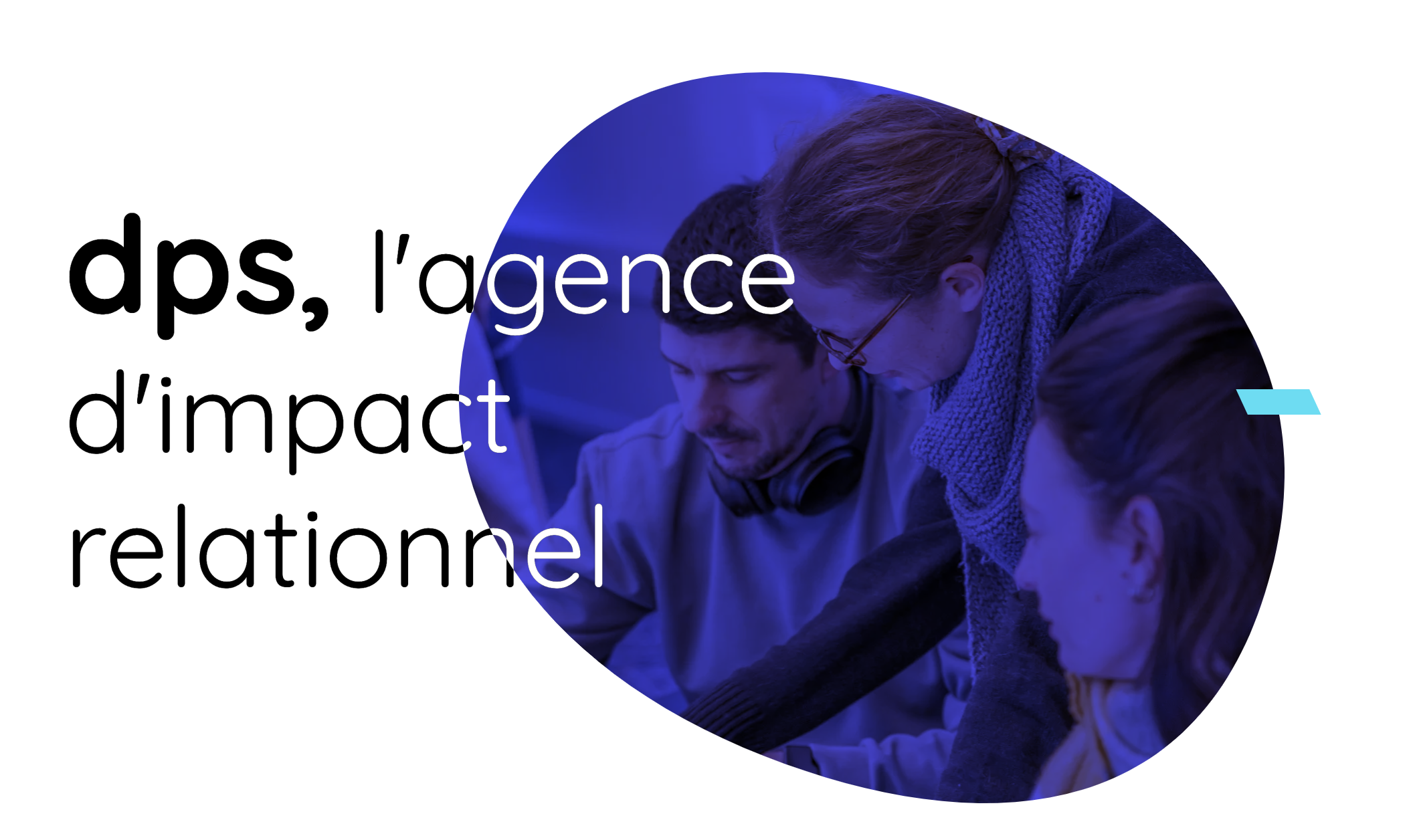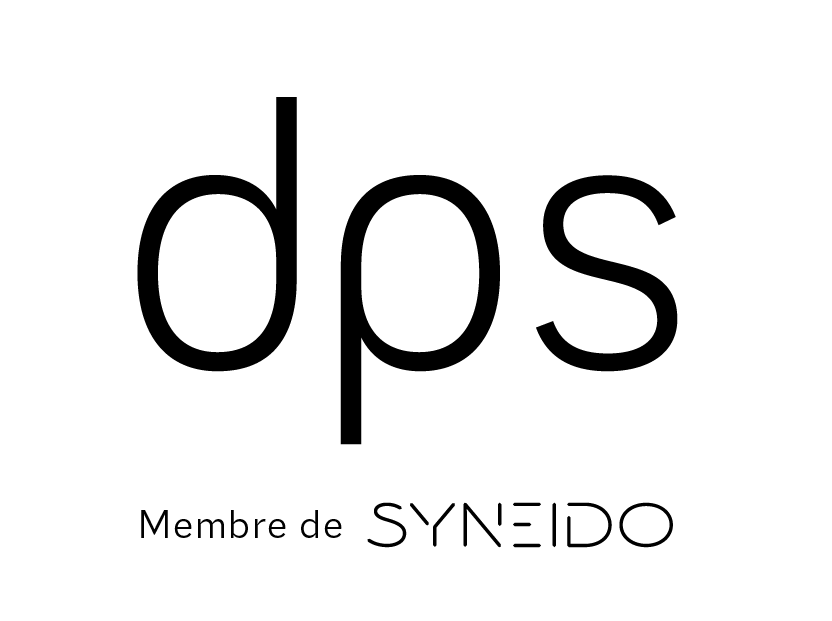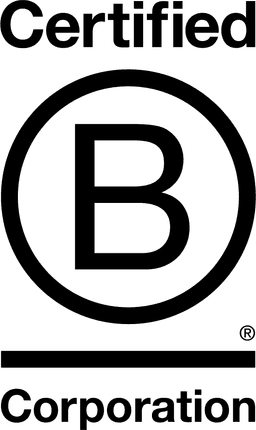

DPS

Hauts-de-France, France
July 2023
Other info service activities
Service with Minor Environmental Footprint
France
L’agence dps est l’une des plus importantes agences indépendantes sur le marché de la communication. Soucieuse de son empreinte et portée par l'envie de mettre la communication au service d'une société plus vertueuse, elle agit sur l'ensemble des scopes de la RSE. Entreprise à mission depuis 2022, son engagement s’exprime concrètement au quotidien et est guidée par sa raison d’être : "Penser la communication et la stratégie d’entreprise comme de puissants leviers de transformations positives, en engageant notre collectif et nos parties-prenantes afin d’aider les organisations à améliorer leur empreinte pour une économie et une société durables". L’agence exerce ses activités de conseil pour plus de 50 clients actifs et génère 8 M d’€ de MB. dps, l’agence d’impact relationnel, crée des interactions entre les marques et les audiences, tout au long du parcours d’achat (online & offline) pour redonner du sens à la relation client, générer du trafic, et cultiver la préférence de marque. dps accompagne ses clients sur l’expression et la valorisation de leurs engagements mais aussi sur leur transition vers une stratégie de communication plus responsable. L’agence dps appartient au groupe Syneido.
Overall B Impact Score
Governance 22.8
Governance evaluates a company's overall mission, engagement around its social/environmental impact, ethics, and transparency. This section also evaluates the ability of a company to protect their mission and formally consider stakeholders in decision making through their corporate structure (e.g. benefit corporation) or corporate governing documents.
What is this? A company with an Impact Business Model is intentionally designed to create a specific positive outcome for one of its stakeholders - such as workers, community, environment, or customers.
Workers 33.0
Workers evaluates a company’s contributions to its employees’ financial security, health & safety, wellness, career development, and engagement & satisfaction. In addition, this section recognizes business models designed to benefit workers, such as companies that are at least 40% owned by non-executive employees and those that have workforce development programs to support individuals with barriers to employment.
Community 22.1
Community evaluates a company’s engagement with and impact on the communities in which it operates, hires from, and sources from. Topics include diversity, equity & inclusion, economic impact, civic engagement, charitable giving, and supply chain management. In addition, this section recognizes business models that are designed to address specific community-oriented problems, such as poverty alleviation through fair trade sourcing or distribution via microenterprises, producer cooperative models, locally focused economic development, and formal charitable giving commitments.
Environment 11.2
Environment evaluates a company’s overall environmental management practices as well as its impact on the air, climate, water, land, and biodiversity. This includes the direct impact of a company’s operations and, when applicable its supply chain and distribution channels. This section also recognizes companies with environmentally innovative production processes and those that sell products or services that have a positive environmental impact. Some examples might include products and services that create renewable energy, reduce consumption or waste, conserve land or wildlife, provide less toxic alternatives to the market, or educate people about environmental problems.
Customers 1.9
Customers evaluates a company’s stewardship of its customers through the quality of its products and services, ethical marketing, data privacy and security, and feedback channels. In addition, this section recognizes products or services that are designed to address a particular social problem for or through its customers, such as health or educational products, arts & media products, serving underserved customers/clients, and services that improve the social impact of other businesses or organizations.